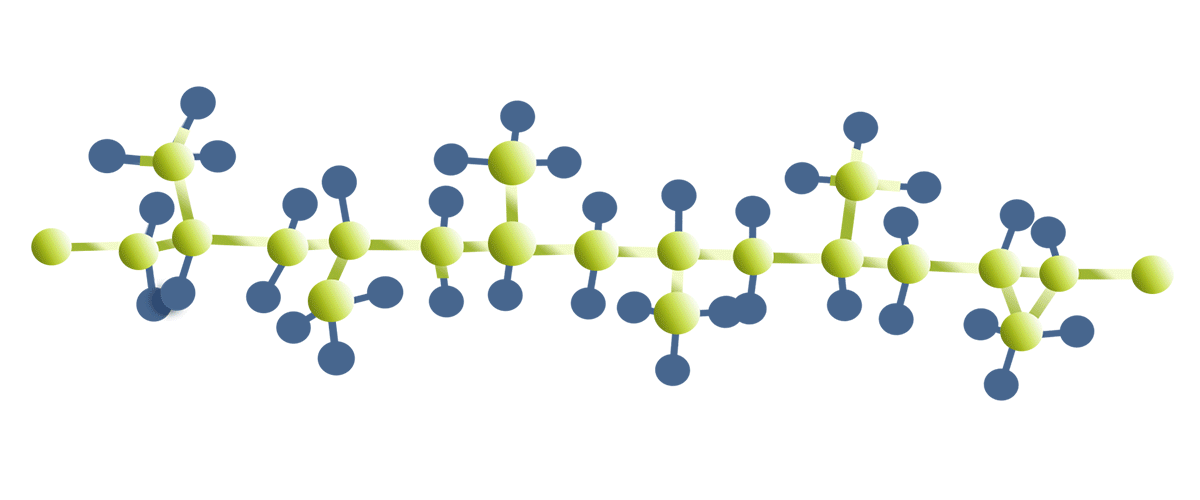


Carbotura regenesis
Can handle both liquid and solid waste
Converts waste in a matter of hours
Does not produce carbon emissions
Zero Capital Expense

Waste to Energy
Costly Ash Disposal
Adds to Carbon Emissions
Produces Dioxin and Metal Emissions

AnaErobic Digestors
Very slow to process
Expensive to process

WTE (Waste to Energy)

Waste to Energy (WTE)
WTE is a process that converts waste into energy by burning it. WTE facilities can generate electricity, heat, or steam from waste. The average income stream for a WTE facility is $90 per ton for a tipping fee, $11 per ton on energy sales, a waste ash disposal cost of about $6.20 per MSW ton, and permitting cost of about $1.25 per ton. However, WTE facilities also have a number of drawbacks. They produce terrible emissions, including dioxins, furans, and heavy metals. These emissions can have a negative impact on human health and the environment.

Carbotura vs Anaerobic Digestors

Anaerobic Digestors
Anaerobic digestors are a type of waste treatment system that converts organic waste (only) into biogas and digestate. Biogas is a renewable energy source that can be used to generate electricity or heat. Digestate is a nutrient-rich fertilizer that can be used to improve soil quality. This is now being banned by governments around the world, however, due to PFAS/PFOS being deposited into the food supply.
Anaerobic digestors are a slow process. It can take several months to convert organic waste into biogas and digestate. This can make them a less attractive option for communities that are looking for a quick way to reduce their waste disposal costs.
Anaerobic digestors can also be a cost to the community. They require a significant upfront investment to build and operate. They also require a steady supply of organic waste to operate efficiently. Tipping fees average $110 per ton. If a community does not have a steady supply of organic waste, an anaerobic digestor may not be a financially viable option.

Carbotura Regenesis

Carbotura
Carbotura's Regenesis is a manufacturing company that is in the Waste to Materials (WtM) Circularity business. Which has a number of advantages over both WTE and anaerobic digestors. It produces no emissions or waste ash, and it can handle all types of liquid and solid waste including food waste, yard waste, paper, plastic, and metal. It also helps to reduce greenhouse gas emissions and conserve natural resources.